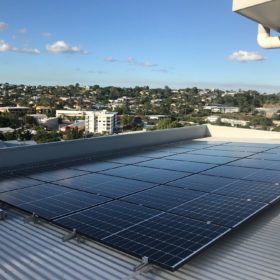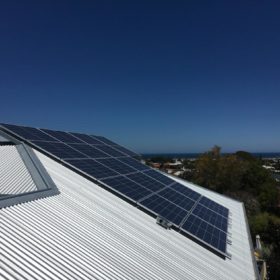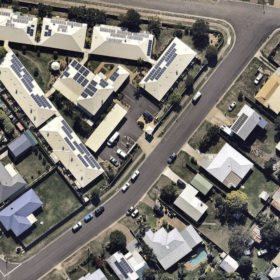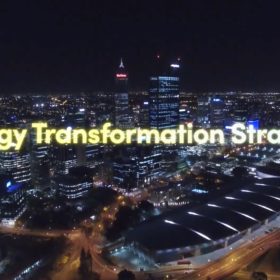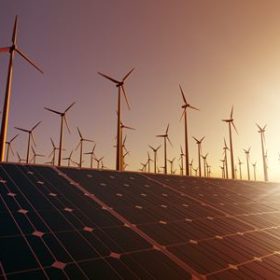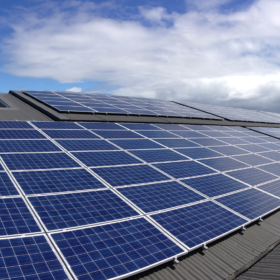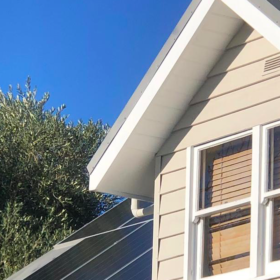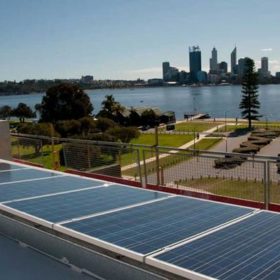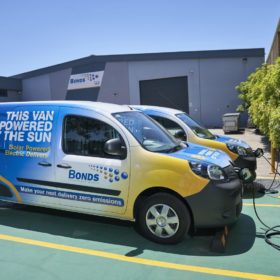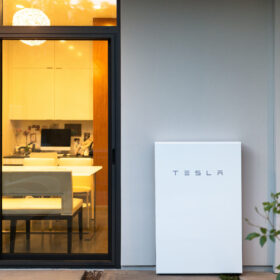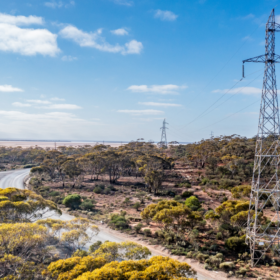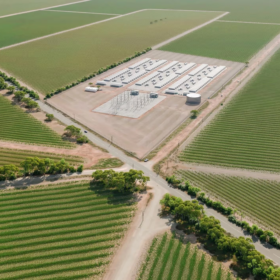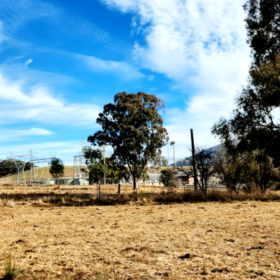Keeping pace with change
This month’s final thought comes from Violette Mouchaileh, EGM, emerging markets and services with Australian Energy Market Operator (AEMO).
Q Cells releases new solar module designed specifically for the Australian market
South Korean-based manufacturer Q Cells has launched its first “made for Australia” solar module and in a show of confidence, the Q-Maxx-G2 comes complete with an extended 15-year product warranty.
WA Affordability Experiment home applauded for innovation but limited in solar scope
In an effort to glean insights into the cost efficiency of sustainable housing, the Western Australian government in conjunction with private partners this week launched an Affordability Experiment home.
Constraints loom for booming Aussie rooftops
Within this decade, the capacity of solar systems on rooftops in Australia will likely exceed the generating capacity of coal. It is now evident that solar in conjunction with other customer-side technologies of batteries and demand management will become the dominant factor in the evolution of Australia’s energy system, writes Tristan Edis, the director of analysis for Green Energy Markets. He adds one caveat, however: For this to occur, batteries must become cost competitive.
Rooftop PV set to shine in WA’s energy future despite growing gas cloud
The Western Australian Government’s Energy Transformation Taskforce has revealed its first blueprint for the isolated state’s energy system transformation over the next two decades. The blueprint, which features four separate models, sees rooftop solar and accompanying battery storage excel in the coming years, although it suggests coal-fired power will still have a large presence.
ANU study shows Australia still leading per capita renewable uptake, but policy is stifling progress
New analysis from The Australian National University along with recently published figures from the Clean Energy Regulator demonstrate that Australia remains the world leader in wind and solar deployment per capita, particularly rooftop PV. However, federal policy is failing to invest in desperately needed infrastructural upgrades.
Epho installs 100 solar systems in 100 days as Aldi Australia commits to 100% renewables
German discount supermarket chain Aldi has become the first Australian supermarket to commit to 100% renewable electricity by the end of 2021. To achieve this goal, Aldi’s longtime solar partner Epho Commercial Solar has refined its processes, managing to install 100 solar systems atop Aldi sites in 100 days.
Up to 50% rooftop segment decline likely
While the solar industry has shown great resilience in the face of Covid-19 shutdown, installations are set to decline sharply over the next year. While the residential segment looks set to bounce back, the small-commercial segment will be slow to recover.
Solar households can soon be charged for their exports
In its annual State of the Energy Market report, the Australian Energy Market Regulator has suggested that solar households should be asked to pay a network fee to be allowed to export energy to the grid.
Sendle it over, Australia’s first solar-powered delivery fleet
Sendle and Bonds Couriers have teamed up to deliver Australia’s first solar-powered fleet of delivery vans. As the boom of eCommerce has continued through Covid-19, the ethical import of sustainable shipping and delivery has become evermore salient.

